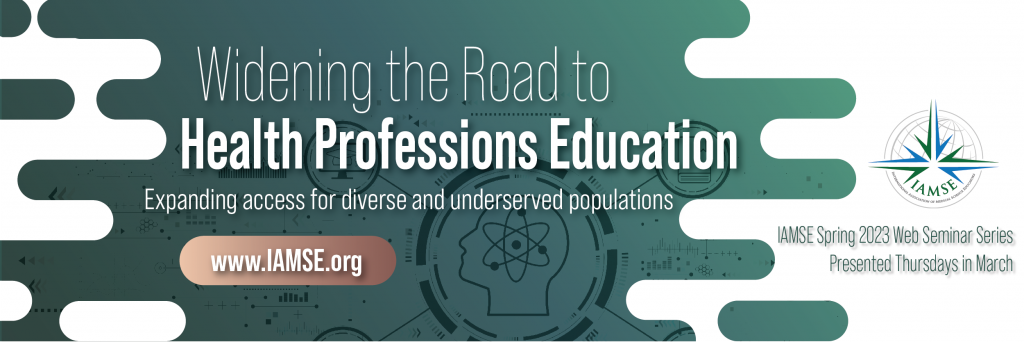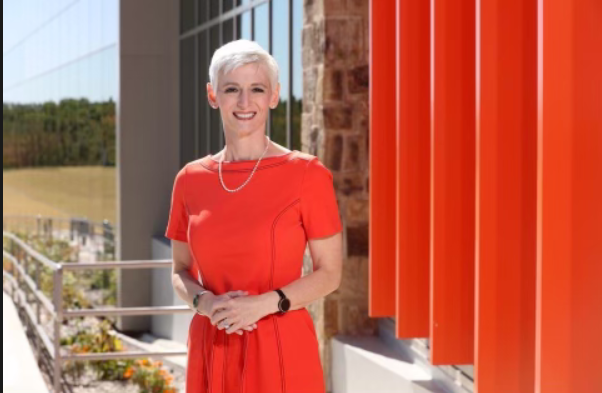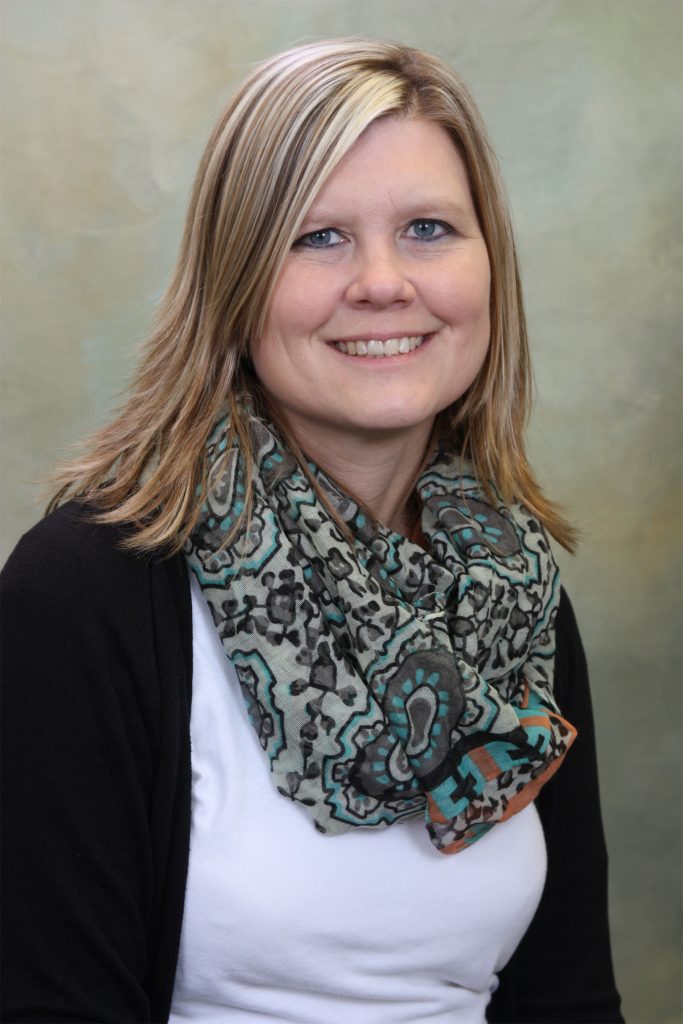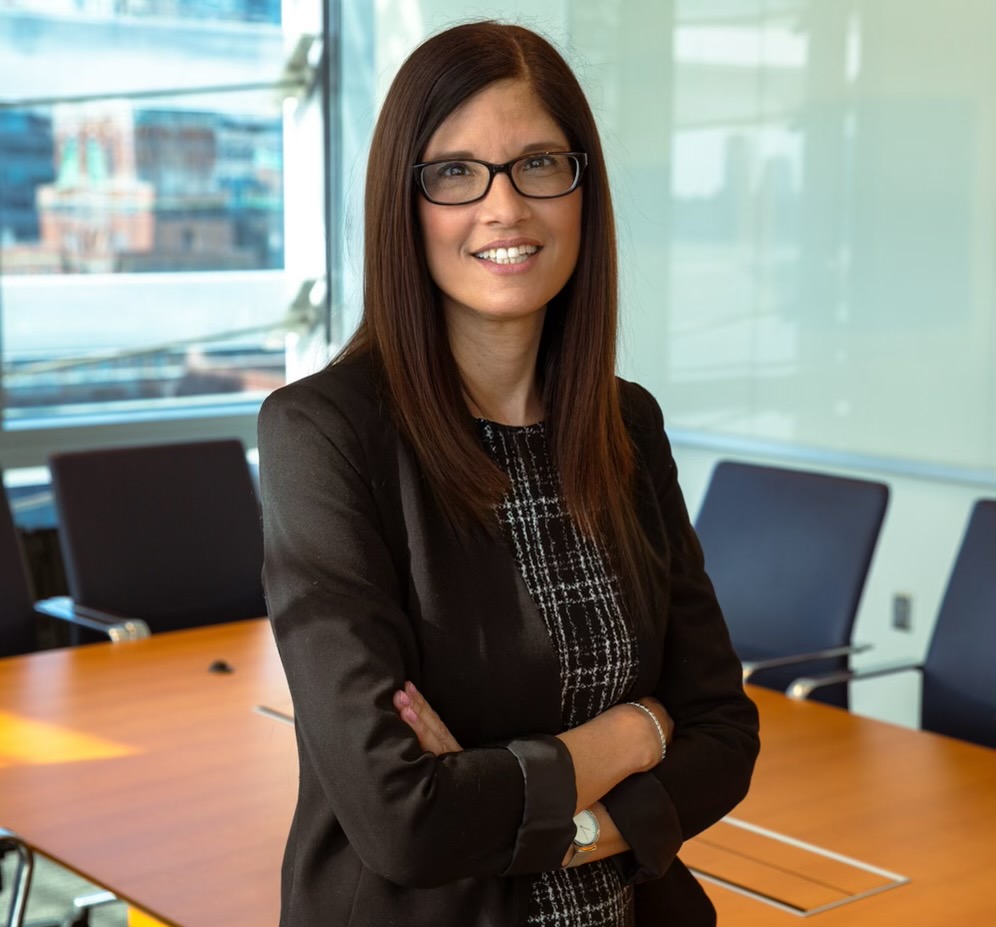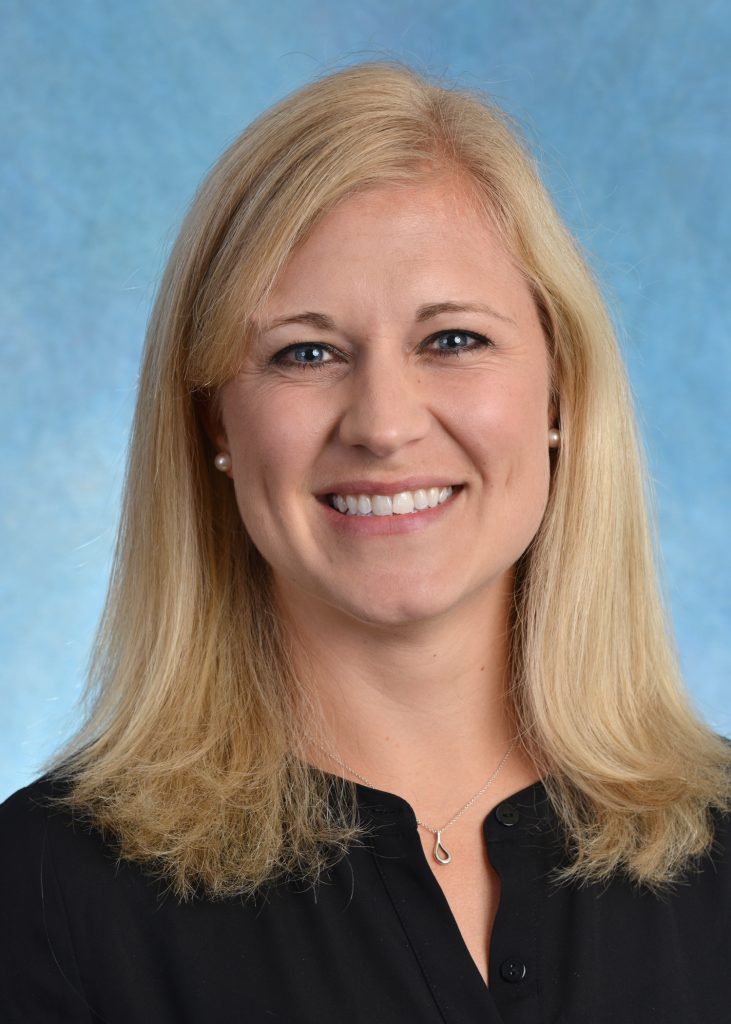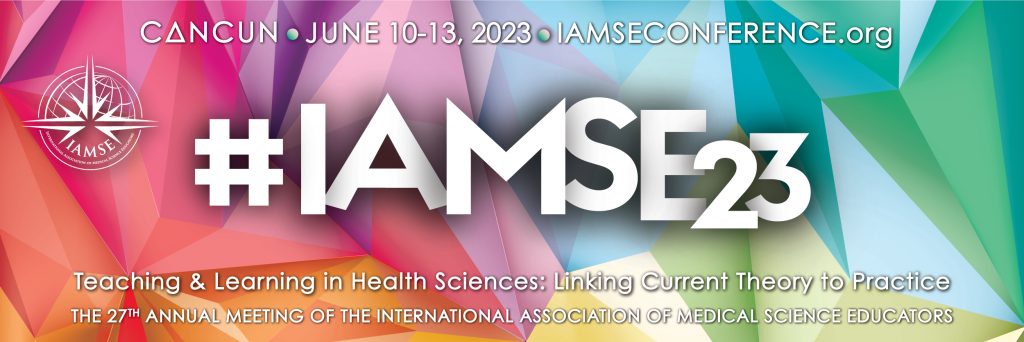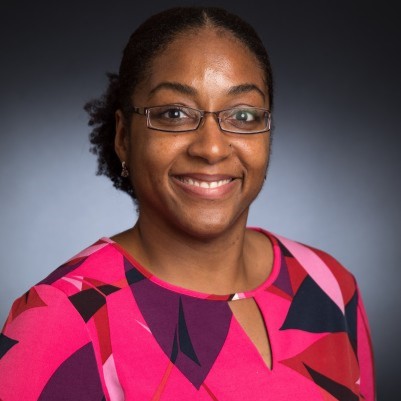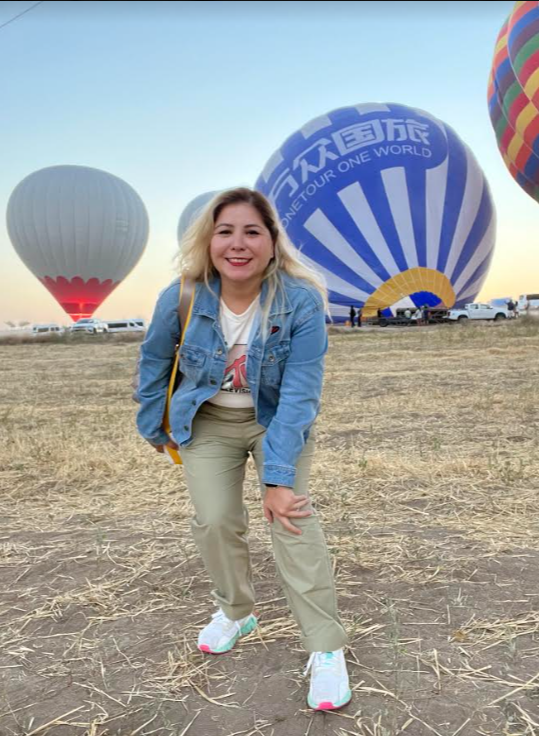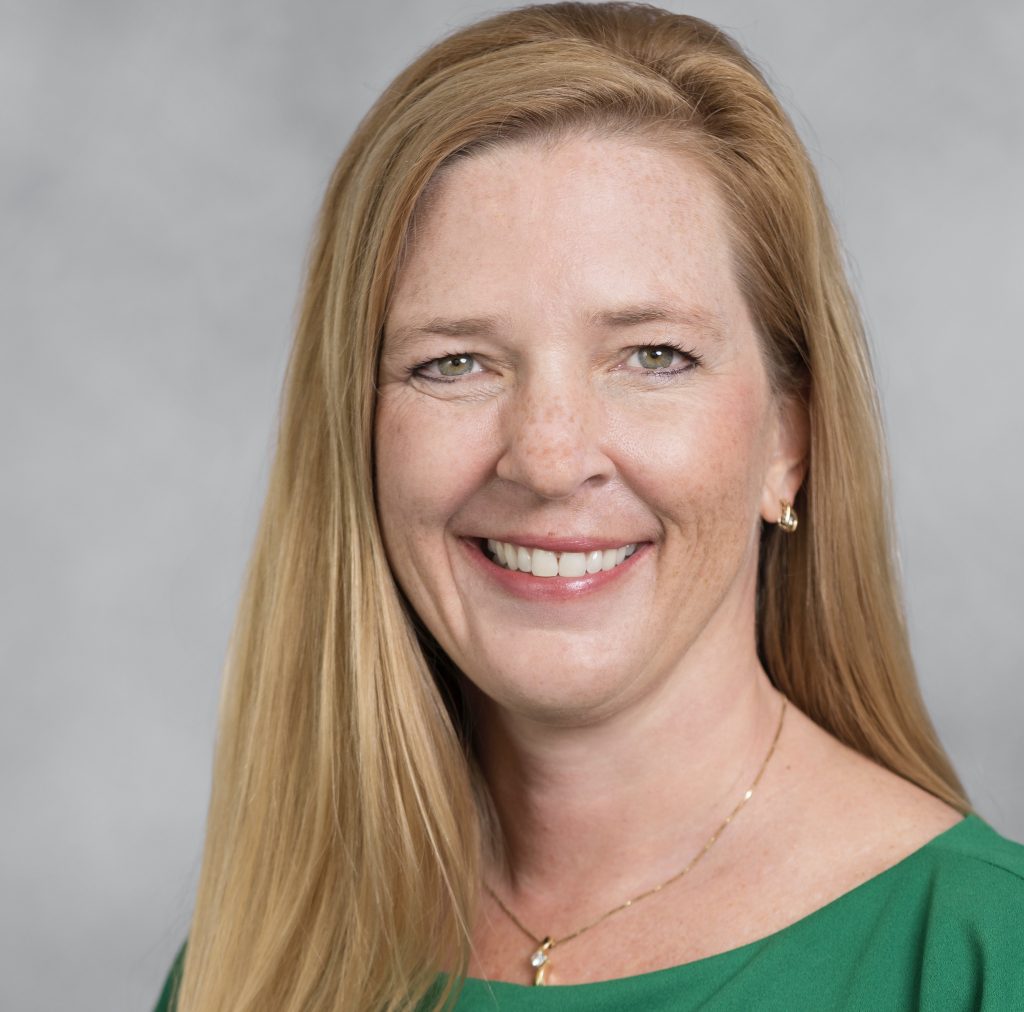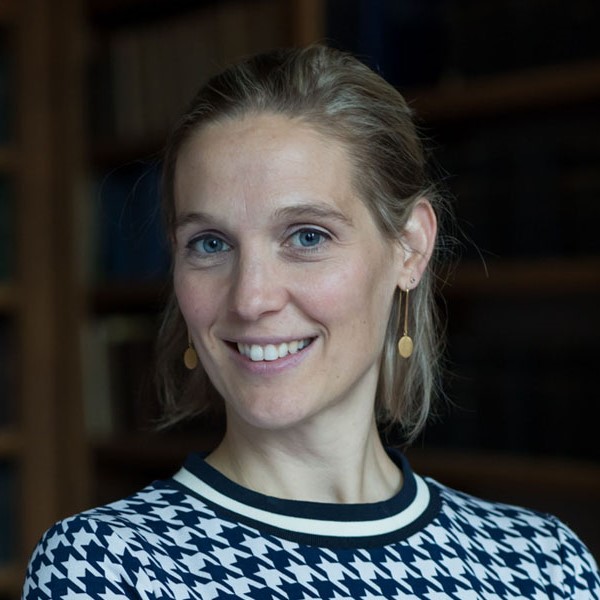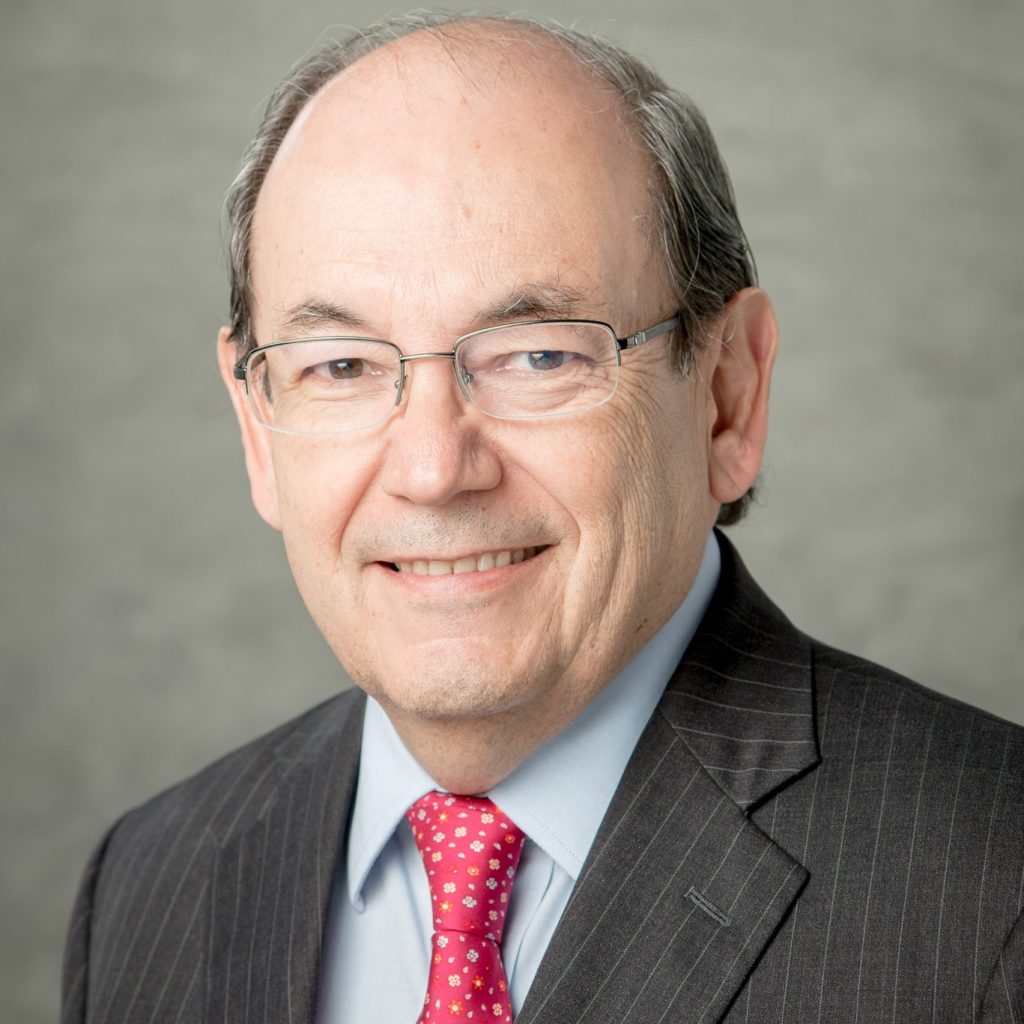Our association is a robust and diverse set of educators, students, researchers, medical professionals, volunteers and academics that come from all walks of life and from around the globe. Each month we choose a member to highlight their academic and professional career and see how they are making the best of their membership in IAMSE. This month’s Featured Member is Mildred Lopez.
Mildred Lopez, Ph.D.
Associate Dean of Academic Affairs
School of Medicine and Health Sciences TecSalud ITESM (Mexico)
How long have you been a member of IAMSE?
Just last year, I became an official member of IAMSE, although I have been sending contributions to the conference in the past years. In 2021, as part of the conference, Professor Aniela Mendez and I got the Outstanding Faculty Oral Presentation Award (June 12-17, 2021) for our presentation “Community building amid COVID-19: strategies for interaction with a gen-z class”.
Looking at your time with the Association, what have you most enjoyed doing? What are you looking forward to?
Being part of a community of educators that are so open to sharing best practices and learned lessons has been an incredible resource for me to get involved in meaningful experiences. A couple of years ago, I remember visiting an IAMSE stand at a conference and discussing the possibilities of my institution to have a membership and get the involvement of faculty and students. Today that is a reality. My colleague and friend, Professor Belinda Carrion, has completed her fellowship, and Professor Aniela Mendez just started the same pathway. By being part of this community, they have worked on projects that are a transformative experience for learners and other Mexican educators.
I am looking forward to meeting some of our colleagues whom I have only met online. During the pandemic, we started to collaborate by leveraging technology, but now that the travel conditions have allowed it, I am looking forward to being able to see them in real life.
Tell us more about your #IAMSE23 pre-conference course “The 5S of Small, Sustainable, Steps to Successful Scholarship for Health Professions Educators”. What are some key takeaways that interested attendees will gain from the session?
This session is designed for faculty members that are starting their scholarship journey and would like to have a guideline on practical steps on how to approach it. The facilitators of the session have experienced the challenges of not being sure where to start on an academic career in health professions education and would love to reflect with participants on these experiences to outline steps to successful scholarship. The session will provide insights on how to plan micro-steps focusing on the long-term goal.
I would love to invite everyone to attend this session.
What event are you most looking forward to in Cancun?
I am looking forward to attending the focus sessions and courses related to inclusiveness. I saw one FS called “Bringing Gender and Sex Equity and Inclusivity Into Your Classroom: A Framework for Medical Educator” on Sunday, June 11, with Professors Jay Bindman, Tracy Fulton, Allison Gomez, Katherine Hyland, Matthew Ryan, and Jay Zussman about LGBTQIA+ learners and patients. Also, one called “Improving Disabilities Inclusion by Experiencing and Relating with Common Disabilities” on Monday, June 12, by Professors Shirley Delair, Mary Donovan, David Harris, and Kathryn Veazey regarding disability inclusion.
I have to say I am also looking forwards to the oral presentations. These sessions always challenge my beliefs and make me think about what comes next. In these sessions, I also get to meet wonderful people from around the globe and get ideas on how we can collaborate.
What interesting things are you working on outside of the Association right now? Research, presentations, etc.
I am working on the capacity building of research in medical education that is published in Spanish, currently, with the role of Adjunct Editor of the Revista Mexicana de Educación Médica (Mexican Journal of Medical Education), which is the official journal of the Asociación Mexicana de Facultades y Escuelas de Medicina (AMFEM). We have offered several workshops to new researchers in health professional education on academic publications and are currently working on building a strong community of reviewers on this topic. I would love to invite readers to take part in this effort.
Regarding research, I am collaborating on an international study led by Professor Cristhian Peréz-Villalobos. Colleagues from universities in Latin America (Chile, Colombia, Perú, Paraguay, and Mexico) are analyzing the well-being of medical students during the pandemic. Several insights from that study have been the disparities in opportunities and resources for learning that have been available for distance education. I am thrilled to see where this network will evolve.
Anything else that you would like to add?
I would love to meet all the wonderful medical science educators in Cancun! Mexico is a beautiful country and has many things to offer. Please message me if you would like any recommendations during your visit 🙂
Hasta pronto! (see you soon)!
Want to learn more about Mildred and her team’s pre-conference course at the IAMSE 2023 Annual Conference? Click here for more information on that session and the hundreds of other presentations happening live in June in Cancun, Mexico!
